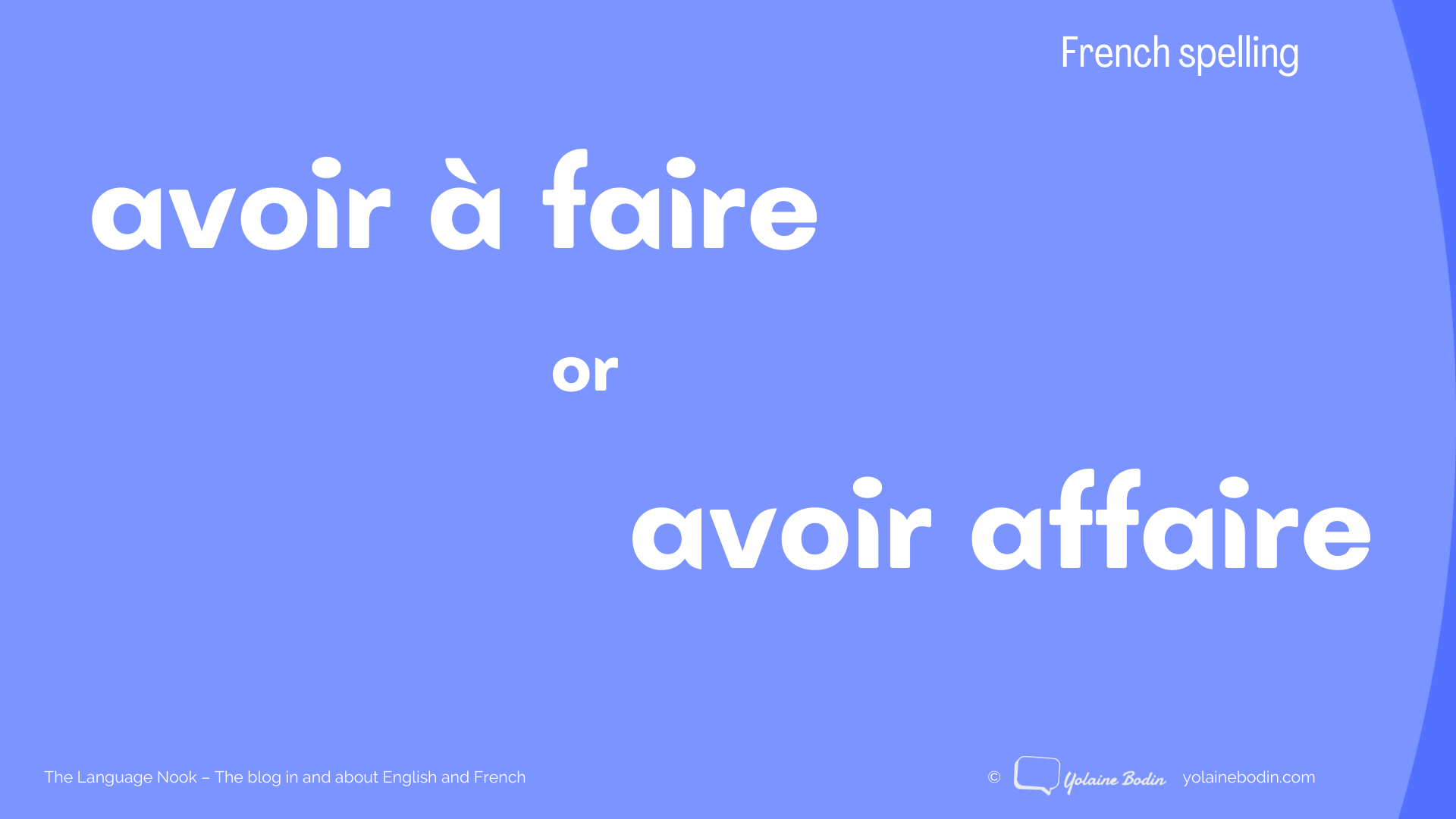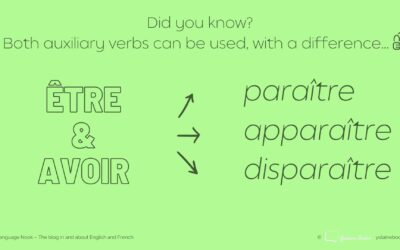Avoir affaire
Avoir affaire à quelqu’un or quelque chose means to deal with someone or something, often–but not always!– implying some form of confrontation or used as a threat as in this example:
- Si tu recommences, tu auras affaire à moi ! (If you do that again, you’ll have to deal with me!)
Here other examples of “avoir affaire à” used in sentences:
- J’ai toujours eu affaire à la même conseillère bancaire. (I’ve always dealt with the same financial consultant)
- S’ils font ça, ils auront affaire à la police. (If they do that, they’ll have to deal with the police)
- Il ne sait pas à qui il a affaire ! (He doesn’t know who he’s dealing with!)
- Quand elle l’a vu, elle a tout de suite compris à qui elle avait affaire. (When she saw him, she immediately got who she was dealing with)
- Nous avons affaire à une situation très compliquée. (We are dealing with a highly complicated situation)
Note: most of the time, avoir affaire is followed by the preposition à. We say avoir affaire à quelqu’un or quelque chose. However you can also find the phrase avoir affaire followed by avec ; here, there is a slight nuance as avoir affaire avec usually implies some form of reciprocity :
- Les employés ont eu affaire avec la direction pour discuter des nouveaux horaires de travail. (The employees dealt with management to discuss the new working hours)
- Vous avez déjà eu affaire avec la justice, n’est-ce pas ? (You’ve already had to deal with the justice system, haven’t you?)
Avoir à faire
Avoir à faire quelque chose means to have to do something. Use it when something needs to be done, must be done or accomplished, i.e. to express an obligation or duty. Look at the following examples:
- Je viendrai te voir demain, tu as trop à faire aujourd’hui. (I’ll come and see you tomorrow, you have too much to do today)
- On a tant de choses à faire, on ne sait pas par où commencer. (We have so much to do, we don’t know where to start)
- Elle a du travail à faire. (She’s got work to do)
- Qu’est-ce que vous avez à faire avant la réunion ? (What do you need to do before the meeting starts?)
- Il a le ménage, le repassage et les courses à faire. (He must do the housework, iron and go shopping)
- J’ai à faire. (I’ve got things that need to be done / I have things to do)
Memo
avoir affaire avoir à faire always followed by à (or avec) expresses an obligation = to deal with (someone or something) = have to do, need to do, must do
There you are! Now you fully understand the difference in meaning between avoir affaire and avoir à faire even if they sound the same when people speak so you know how to spell them correctly. Congratulations! 🙂
How about some practice? Try this little exercise and share your score in the comments section at the bottom of this page.





0 Comments